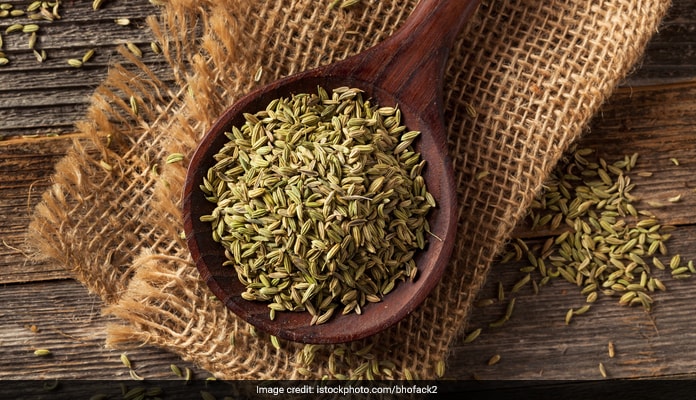The country which will be able to tie it don will look at possible commercial rewards. China had filed a plea with the United Nations Educational, Scientific and Cultural Organisation (UNESCO) to recognise medicinal bathing, one of many practices of sowa rigpa, the Tibetan name for this type of medicine, as part of its "intangible cultural heritage".

India and China tussle over ancient Tibetan medicine
"If China is applying, of course India can also apply," said Geshe Ngawang Samten, the vice-chancellor of the Central University of Tibetan Studies in Sarnath. "This is Indian culture as well." The Tibetans who practice this ancient technique were stuck in crossroads as to what to make of the decision.
They hoped that recognition will bring them commercial aid and would increase the medical jobs for the Tibetans in this field. But they worry that UNESCO could industrialise the process and in the process, eliminate the natural procedures required for it to work.
In April, the state-run newspaper Global Times quoted Qin Yongzhang, an ethnologist at the Chinese Academy of Social Sciences, as saying, "The truth is that Tibetan medicine not only originated but has developed in China." Whereas other researchers have also claimed that Tibetan medicine has direct linkage with Ayurveda.
Robert Thurman, a professor of Indo-Tibetan Buddhist studies at Columbia University, said that because China "forcibly" owned most of the Tibetan areas, its Unesco application does make sense. "But to claim that somehow China has been the origin of the tradition is, frankly, just silly,". Thurman wrote in an email. UNESCO needs to ensure that the politics does not creep in this debacle and taint the whole ancient art.
DoctorNDTV is the one stop site for all your health needs providing the most credible health information, health news and tips with expert advice on healthy living, diet plans, informative videos etc. You can get the most relevant and accurate info you need about health problems like diabetes, cancer, pregnancy, HIV and AIDS, weight loss and many other lifestyle diseases. We have a panel of over 350 experts who help us develop content by giving their valuable inputs and bringing to us the latest in the world of healthcare.













